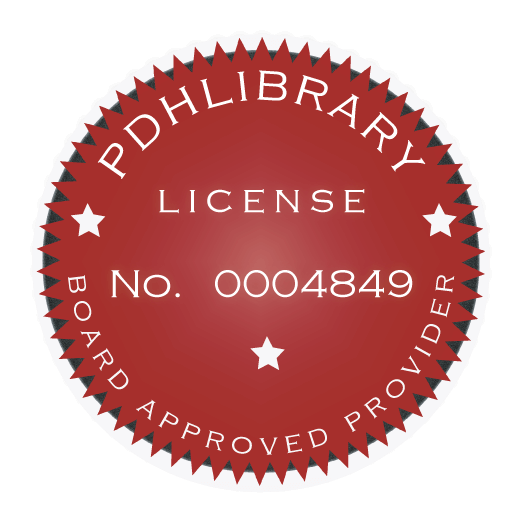Introduction
Ethical misconduct seems to be the stuff of everyday headlines and news shows - we are bombarded with stories about the moral failings of our political leaders, top athletes, and entertainers. Engineers are also subject to public scrutiny: consider the attention that the media has given to cases such as the Challenger disaster, the Kansas City Hyatt-Regency Hotel walkways collapse, and the Exxon oil spill. New and expanding technological capabilities confront us with ethical temptations and dilemmas. For example, never before have we had to consider the ethical issues of human cloning, or ponder the possibility of a world-wide banking collapse. Computer-assisted design permits architects and engineers to refine their calculations so that they construct buildings with the thinnest, least expensive materials, reducing margins of error. Technology allows us to introduce innovations into our homes and work places, but we don’t always take time to conduct research on the social, economic, and medical impacts they may have on our lives. The 21st Century promises to bring enormous ethical challenges. As a response to this concern, a new discipline, engineering ethics, is emerging.
What exactly is “ethics?” In the literal context, ethics can be defined as “a body of
moral principles.” Professional ethics and conduct constitutes a set of rules and behaviors which facilitates effective interaction on professional matters. In this respect, ethical rules are very much like laws or standards that govern social and professional interactions. Ethical behavior may broadly be equated with the respect for one’s colleagues, and for their rights.
Engineering is similar to professions such as law and medicine in that it has specialized knowledge, the privilege of self-regulation, and a responsibility to the public. We use our training and abilities to benefit society, and society expects that
we will oversee and regulate the performance of our fellow engineers. Thus, our education and our professional practice must consider the ethical dimensions of engineering.
Professional ethics are not just a personal preference established and governed by the individual engineer. Because of the importance of professional behavior, most companies and professional societies have drafted codes of ethics to which their members are required to commit. Overall, the codes tend to be very similar. The ASME codes are based on several fundamental principles, which provide guidance to professional engineers in commonly-encountered situations.
Nevertheless, there are many “gray areas” that can challenge engineers as they struggle to behave in an ethical and moral manner. In this course, we attempt to provide some background on the philosophical models that guide ethical behavior and then to apply these models to specific situations in engineering codes of ethics. Of course, it is incumbent on any professional practitioner to decide which principles apply in any given circumstance. When there is conflict between these guidelines, an engineer must use appropriate philosophical models and standards to decide.
Learning Objectives
Learning Objectives
1. Determine ethical behavior using several philosophical models.
2. Evaluate a practical situation in terms of your professional code of ethics.
3. Be able to identify situations that represent conflicts of interest and formulate a proper response.
4. Apply the standards of professional ethics in technical communication.

